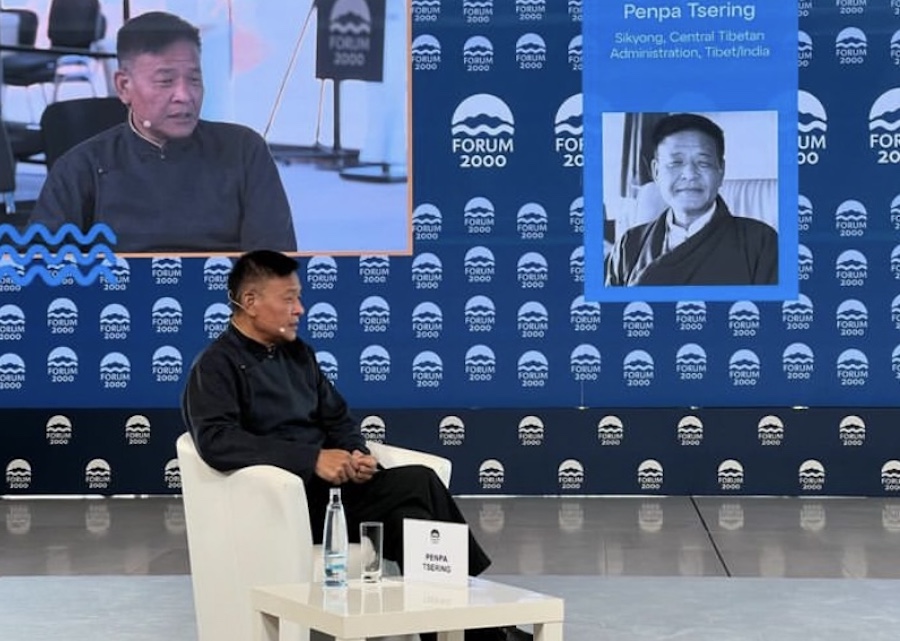Tenzin Nyidon
DHARAMSHALA, Oct. 18: The 6th Young Indian Scholars’ Conference on Tibetan Studies, themed ‘Tibet and South Asia,’ is underway at the Sarah Institute of Higher Tibetan Studies in Dharamshala. Organised by the Tibet Policy Institute (TPI), a think tank under the Central Tibetan Administration (CTA), the conference brought together 25 speakers and researchers.
Norzin Dolma, Minister of the Department of Information and International Relations (DIIR), the chief guest at the conference’s inaugural session highlighted the importance of this platform, not only for discussions on Tibet and South Asia but also for engaging with broader global issues.
She emphasised that since China’s occupation of Tibet, border disputes have extended beyond South Asia to other nations, with China asserting its influence through initiatives like the Belt and Road Initiative (BRI). “China is at every level seeking and creating more and more spaces for its infiltration and influence in all sectors, not just in South Asia, but globally, she remarked.

She also highlighted Tibet’s critical role as the primary water source for many Asian countries, warning and raising concerns over China’s dam-building projects in Tibet, which pose serious threats to the region’s future. “Many are rightly concerned about China’s water weaponisation and water hegemonic practices, which are threatening the freshwater security of the neighbouring South Asian countries. It is crucial that we revisit and acknowledge Tibet’s vital role and its centrality in Asia’s hydrological cycle.”
Neeraj Singh Manhas, a researcher from Jammu and Kashmir studying at Baroda University, is attending the conference for the first time. “This is my first time participating in the Conference for Young Indian Tibet Scholars. It’s crucial for everyone to understand the reasons behind the numerous challenges, including border and water disputes, that have arisen between Tibet and India since China’s occupation of Tibet. At this conference, I will be discussing the impacts of climate change on Tibet’s rivers from 1994 to 2024. I’m hopeful about this opportunity to share my research,” he said.
The conference also featured the participation of four prominent Indian experts, including Professor Ramu Manivannan, Director of the Centre for Indigenous Knowledge Systems (Multiversity), Professor Vasudha Pande from Lady Shri Ram College in New Delhi, Professor Sonika Gupta from the Indian Institute of Technology Madras, and Professor Swatahsiddha Sarkar from the University of West Bengal.
First held in 2019, the conference for Indian Tibetan scholars aims to provide a platform for researchers to explore and discuss the historical, cultural, and environmental ties between Tibet and India, fostering a deeper understanding of their shared heritage and connections.










